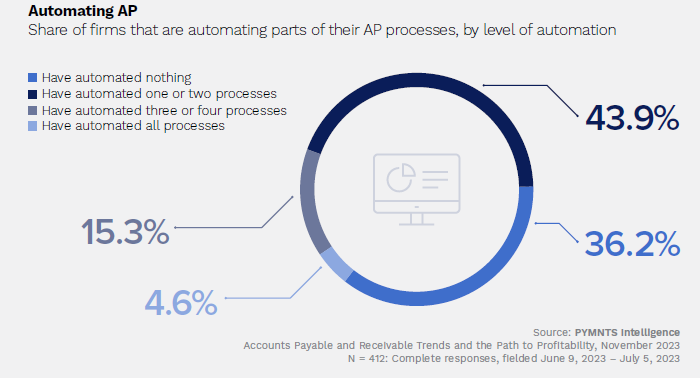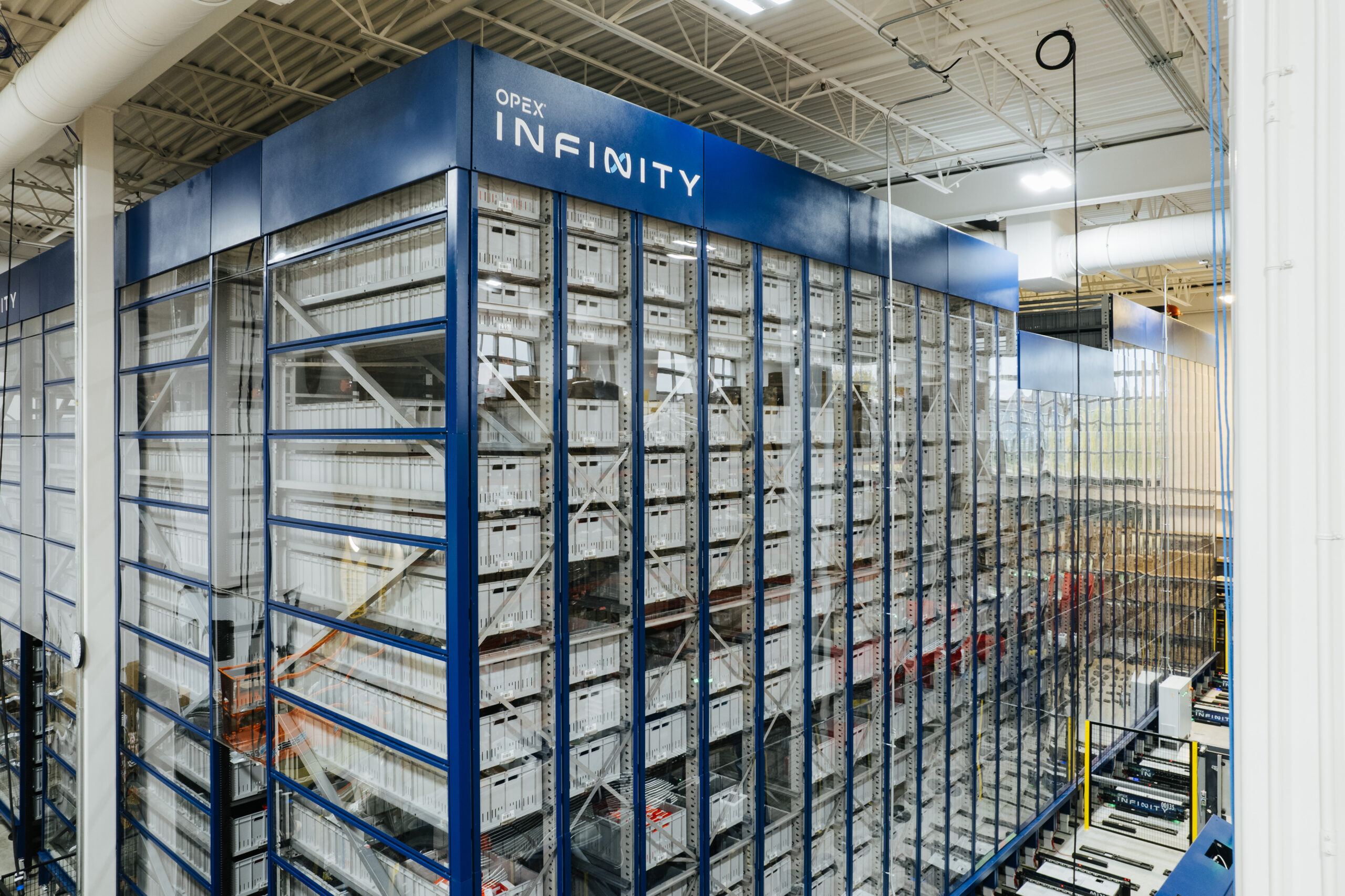Sweetgreen’s first automated restaurant opened in Naperville, Ill., in May. |Photo courtesy of Sweetgreen.
Sweetgreen is ready to start expanding its Infinite Kitchen automated restaurants.
The Los Angeles-based company on Thursday said it plans to open between seven to nine new Infinite Kitchens next year, which will be among the 23 to 28 new restaurants planned for the chain. That’s a slowdown from the 35 net new units expected in 2023, but more time is needed to work the new technology into the development pipeline, the company said.
In addition, Sweetgreen plans to retrofit between two to four existing units with the automated makelines, CEO Jonathan Neman said while reporting third-quarter results.
Sweetgreen’s first Infinite Kitchen opened in Naperville, Ill., in May and it features a robotic makeline that is aided by human handlers. Guests order at a kiosk and watch their bowls progress through the automated system, which can make 400 to 500 bowls an hour. That’s about 50% more than traditional restaurants’ front and digital makelines combined.
Company officials say the system is more accurate and requires less labor. The first Infinite Kitchen in Naperville had restaurant margins of 26% for the first month, which is higher than most new stores.
“All the feedback we get is people love it,” said Neman. “They love the speed. They love the cleanliness, the hospitality, the experience we’re able to bring. And our team members love it as well. We see lower turnover. It’s a more enjoyable experience to work in.”
But Neman declined to characterize the cost of the technology.
“What I can say is that the deployment of the Infinite Kitchen will be accretive to our return on capital,” he said. “So whatever the incremental costs will be, the gains from the leverage on the labor will be accretive to that return on capital and what we expect in a classic unit.”
A second Infinite Kitchen is scheduled to open in Huntington Beach, Calif., in December. Neman said the goal is to open these automated units in a variety of locations to learn more about where they might best perform.
Most of the Infinite Kitchens coming in 2024 will open in the back half of the year, but Neman said they plan to integrate more automated restaurants into the pipeline in 2025.
He noted that the company still has a lot to learn from retrofits, in particular, which has yet to be tested. The retrofits planned for next year will be in high-volume urban stores, though he didn’t say where.
“We are most interested in understanding how faster throughput will translate into higher revenue and flow through, and that’s a higher return on capital,” he said.
The automated makelines themselves are quite modular, he said. There’s flexibility in how they can be laid out and components can be scaled up and down. Neman said they also expect there will be economies of scale as more units open.
Meanwhile, Sweetgreen is continuing its slow journey to profitability as a public company. The company reported a net loss of $25.1 million for the quarter, an improvement from the net loss of $51 million a year ago.
Same-store sales were up 4% for the quarter, which was largely a result of 5% in pricing. Traffic was flat and the mix had a 1% negative impact on sales.
Revenues grew 24% to $153.4 million, and restaurant-level margins during the quarter were 19%, which showed a 300-basis point improvement year over year. That was in part due to menu price increases, but also better labor optimization and supply chain sourcing improvements, the company said.
Earlier this year, the chain launched a two-tiered loyalty program called Sweet Pass. It included the option of a $10 per month subscription program called Sweet Pass Plus, and though Neman did not share membership totals, he said the paid subscription program has grown 25%, exceeding internal enrollment targets.
Neman also said the new line of dinner-worthy protein plates introduced last month has been a hit so far, particularly in Texas and the Southeast, where sales doubled what was expected.
The company opened 15 restaurants during the quarter for a total of 220.
Neman said Sweetgreen has had to spend more time stabilizing the company and building after Covid to strengthen the foundation of the business.
There is more to do, but he said, “What I can say for certain is that we are back on the offensive and believe the flow through at the unit level will drive significant returns on capital in the years ahead.”
Members help make our journalism possible. Become a Restaurant Business member today and unlock exclusive benefits, including unlimited access to all of our content. Sign up here.














